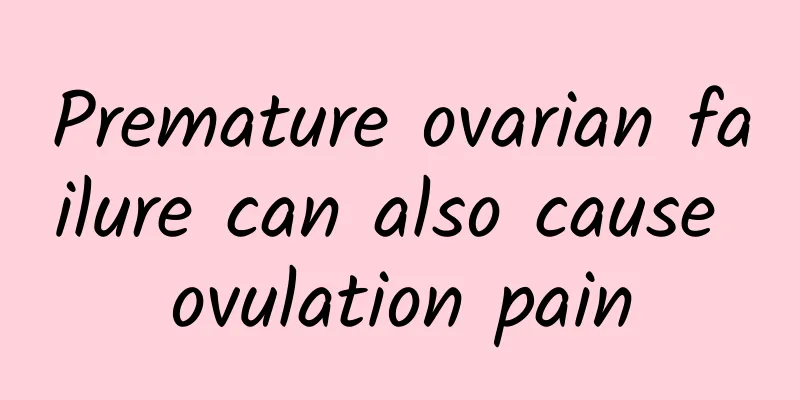What should I pay attention to in my diet for pelvic inflammatory disease?

|
Dietary considerations for pelvic inflammatory disease 1. Eat light and easily digestible food, such as red beans, mung beans, winter melon, lentils, purslane, etc. You should eat foods that have the effect of promoting blood circulation, regulating qi and dispersing knots, such as hawthorn, peach kernel, fruit dan peel, orange pit, orange peel, rose, kumquat, etc. Supplement protein appropriately, such as lean pork, duck, goose, quail, etc. 2. Avoid cold drinks, fruits and other cold foods. 3. Avoid spicy, warm, and irritating foods, such as chili peppers, mutton, dog meat, rooster, etc. 4. Fatty meat, crabs, snails, pickled foods and other foods should not be eaten. 5. No smoking or drinking. Diet therapy for pelvic inflammatory disease Pelvic inflammatory disease is mainly caused by dampness, heat, poison, liver spleen, blood stasis, or by condensation of the uterus and phlegm. Diet therapy should choose a light diet, eat less pickled and greasy food, and control raw, cold and spicy food. The combination of dishes and medicinal diets should be heat-clearing, detoxifying, warming and dispersing Chinese medicine, rich in vitamins, protein, iron, calcium and other trace elements. |
<<: What is the best medicine for cervical erosion?
>>: What to do if hydatidiform mole is malignant
Recommend
Common medical diagnostic criteria for ectopic pregnancy
It is difficult to correctly diagnose ectopic pre...
Is dysmenorrhea hereditary?
Many female friends have experienced dysmenorrhea...
Why does menstruation come again and again?
Why does menstruation come again and again? Menst...
Causes of uterine fibroids
Many women have probably heard of uterine fibroid...
Tell you what are the main things to pay attention to after abortion
Abortion is mainly for people with unexpected pre...
2 powerful fruit and vegetable juices to easily drain water and reduce swelling
Water retention in the body is one of the causes ...
What should I pay attention to if I have ovarian cysts?
Generally speaking, if the diameter of the cyst i...
The symptoms of ectopic pregnancy in women can be reflected in the following aspects
Many people panic when they find out they have an...
What are the types of cervicitis?
The occurrence of cervicitis is related to sexual...
To prevent vaginitis, pay attention to "sugar control"
To prevent vaginitis, pay attention to "suga...
Super black weight loss method! Famous doctor teaches rock walking to lose weight easily
Walking is a simple exercise, but if you want to ...
Physical therapy is the mainstay of treatment for adnexitis
The treatment of adnexitis must be timely and eff...
Patients with cervical erosion generally experience vulvar itching and pain
Patients with cervical erosion generally experien...
A brief analysis of common precautions for adnexitis
Among various gynecological diseases, adnexitis i...
How much do you know about uterine fibroids? Does it affect fertility?
How much do you know about uterine fibroids? Does...









